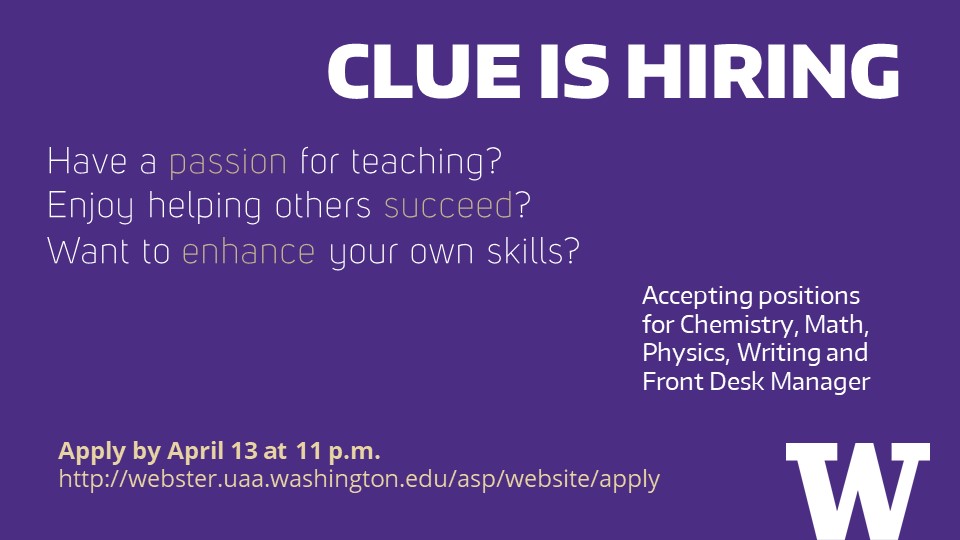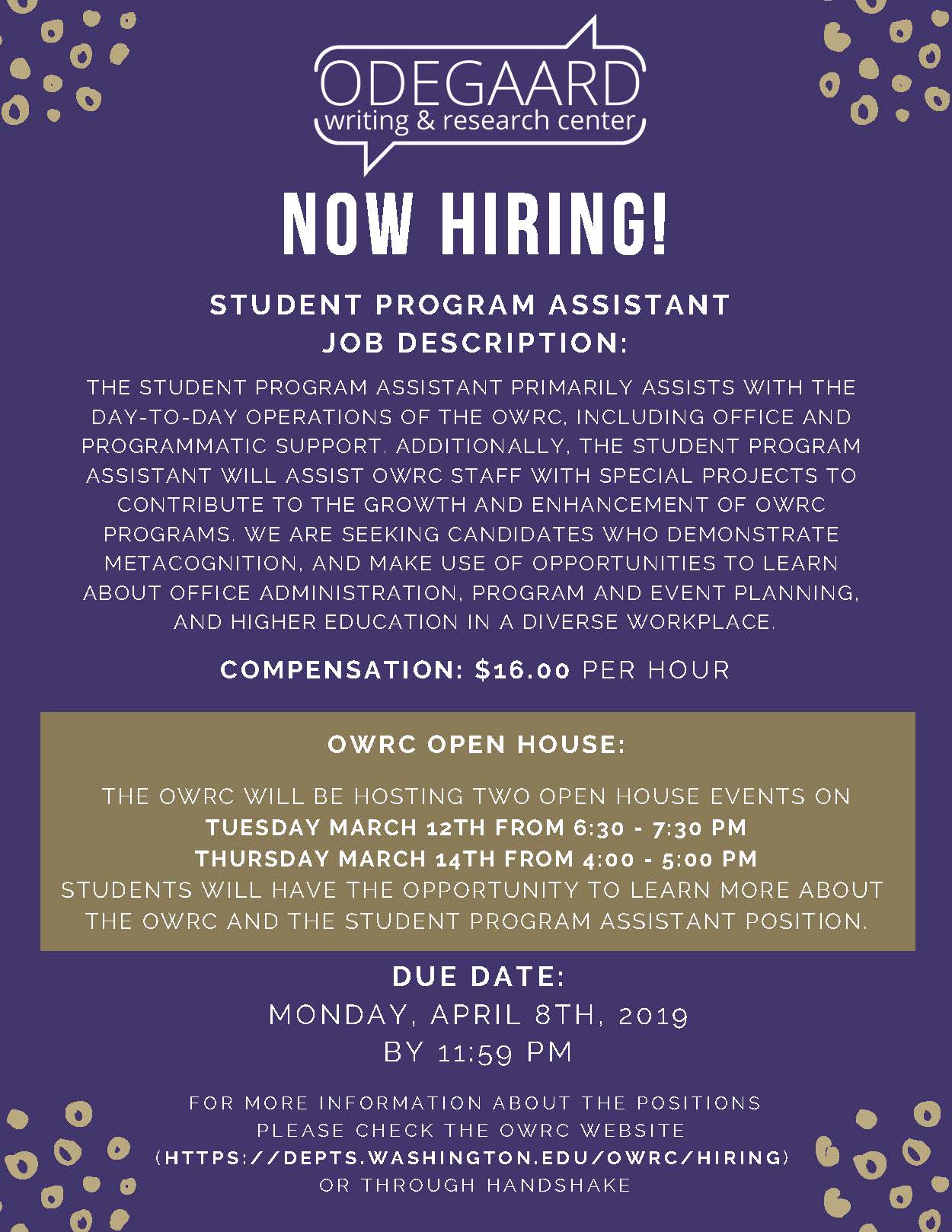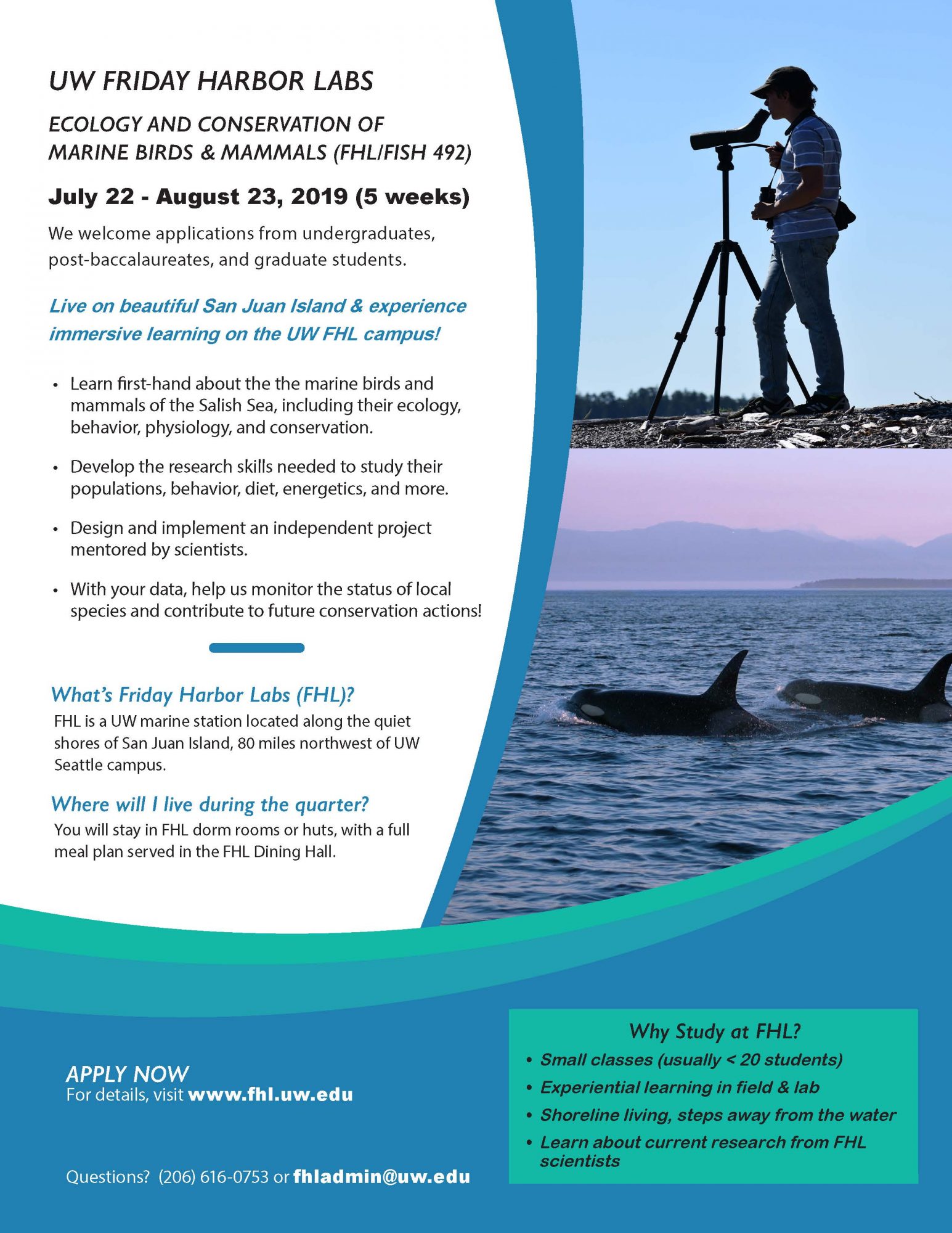BIOLOGICAL SCIENCE TECHNICIANS (AQUATICS):
The National Park Service is seeking several full time, temporary aquatic technicians for the 2019 summer field season in Sequoia and Kings Canyon National Parks (SEKI). Vacancies are GS-04 ($14.30/hr), GS-05 ($16.00/hr), GS-06 ($17.84/hr), and GS-07 ($19.82/hr) level positions.
The GS-04 & GS-05 positions will be stationed at Kings Canyon National Park with a projected start date of June 10, 2019. The GS-06 and GS-07 positions will be stationed at Sequoia National Park with a projected start date of May 28, 2019. The overarching duty of these positions is restoring high elevation lake and stream ecosystems in Sequoia and Kings Canyon National Parks to benefit native species, including federally endangered mountain yellow-legged frogs (Rana muscosa and R. sierrae).
GS-04 level: Duties are removing nonnative fish from alpine lakes using gill nets and from streams using backpack electrofishers; setting, cleaning and repairing gill nets; conducting visual encounter surveys for fish, amphibians, and reptiles; collecting field data; following detailed protocols; recording environmental parameters; using topographic maps, compass, and/or global positioning systems (GPS) for navigation; providing an overview of the project to park visitors, and occasional assistance with research projects.
GS-05 level: Additionally, interacting with the public regarding sensitive amphibian, reptile, or fisheries management issues; discussing scientific information with peers and public; and training other technicians, interns, volunteers, and field observers.
GS-06 level: Additionally, as an assistant crew lead, managing logistics in preparation for summer fieldwork; providing orientation, training and mentoring for summer field crews; overseeing and conducting summer field operations; manipulating aquatic datasets; providing logistic and field support to scientific research studies; conducting electronic entry, quality assurance/quality control and summary reporting of field data, and organizing and maintaining field equipment and supplies.
GS-07 level: Additionally, as an assistant crew lead, drafting technical reports summarizing scientific projects; compiling drafts of Sierra Nevada aquatic wildlife information for data collection spreadsheets, reports, and correspondence; evaluating and interpreting the significance of scientific findings; and analyzing biologic, chemical, and physical data as part of a multidisciplinary aquatic ecology program.
At all grade levels: Technicians working on projects located in the wilderness must have strong backpacking and wilderness camping skills, the ability to hike safely across challenging on- and off-trail terrain, and be comfortable in remote wilderness setting with limited human contact. Technicians must have experience in conducting amphibian, reptile, fisheries, or other wildlife surveys, and a strong commitment to conducting ecological restoration. Technicians must be able to work well in a small crew, be detail oriented, and able to work in cold or hot, wet, windy, buggy, and stormy conditions.
Interested applicants must apply through the USAJOBS website to job announcement number PW-1548-SEKI-19-10452801-DE
https://www.usajobs.gov/GetJob/ViewDetails/527937200
The announcement opened on Wednesday, March 20, 2019 and will close at 11:59 PM (EST) on the day that 125 applications have been received. To receive consideration, complete application packages should be submitted expediently. If less than 125 applications are received, the announcement will close at 11:59 PM (EST) on Tuesday, March 26, 2019. For additional information about these positions, please contact SEKI Aquatic Ecosystems by e-mailing Adam Fuest at adam_fuest@nps.gov or Danny Boiano at danny_boiano@nps.gov





